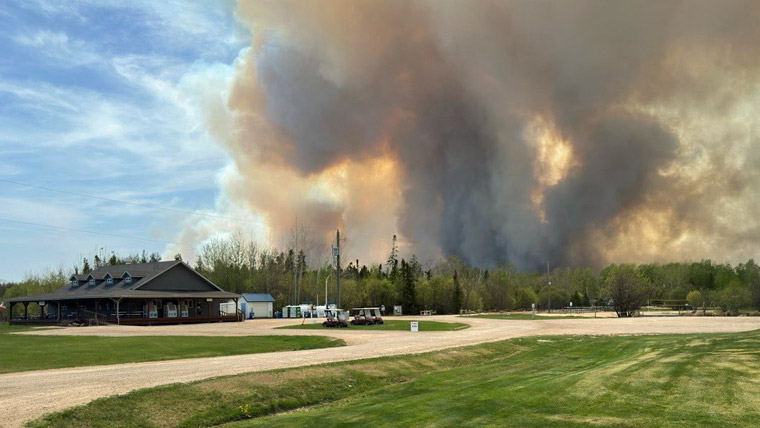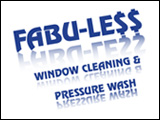Manitoba Wildfire Service (MWS) advises that the majority of the province has a high fire danger, with the northwest corner having an extreme fire danger. Forest fuels remain dry in the southeast corner and northwest.
The MWS is reminding all Manitobans human activity has contributed significantly to Manitoba’s current wildfire situation and to adhere to the fire and travel restrictions for their area. Restrictions in areas 1, 2 and 3 continue at Level 3, Area 5 at Level 2 and Area 8 at Level 1 while remaining areas continue under a total burn restriction, which means no burning or campfires even in approved pits. Refer to the areas and further details of the fire and travel restriction map found at gov.mb.ca.
The Manitoba Wildfire Service (MWS) continues to respond to 17 active wildfires across the province, a total of 93 wildfires to date, well above the average for this date of 75 total fires. Fires of note include:
East region:
- Fire EA057, located near Carrick, is being held at approximately 8,904 hectares (ha).
- Fire EA061, located one kilometre (km) from Bird River, is approximately 121,750 ha and remains out of control. Provincial Road (PR) 315 is closed and blocked at Bird River and PR 314 is closed and blocked at Bissett.
- Fire EA062, located six km from Lac du Bonnet at approximately 4,008 ha is under control.
- Fire EA063, located on the Ontario border near Ingolf, is out of control at approximately 1,650 ha on the Manitoba side of the border and approximately 31,300 ha in total size. This fire originated in Ontario and is also numbered as KEN#020.
West region:
- Fire WE015, located eight km from Cranberry Portage in the Rural Municipality of Kelsey, is being held at approximately 40 ha.
- Fire WE017, located 18 km from Sherridon, is approximately 6,320 ha and out of control. Sherridon has declared a state of local emergency and Sherridon has been evacuated.
North region:
- Fire NO002, located six km from the town of Lynn Lake, is out of control at approximately 7,064 ha.
- Fire NO006, located five km from Cross Lake, is approximately 1,625 ha and out of control. The community of Cross Lake has declared a state of local emergency. Pimicikamak Cree Nation (Cross Lake) and the community of Cross Lake has begun evacuation of Priority 1 individuals.
- Fire NO007, located two km from Wabowden, is approximately 37 ha and out of control. Wabowden has declared a state of local emergency.
The province advises there remains a significant wildfire threat in eastern Manitoba and all returning residents must be prepared to evacuate with little notice. It is recommended that all residents prepare an emergency go kit. More information on emergency preparedness, including what to include in an emergency go kit, is available at gov.mb.ca.
Manitoba Parks has extended the State of Local Emergency for Nopiming, Wallace Lake, South Atikaki and Manigotagan River provincial parks currently in effect until June 20. A full fire ban continues in place at all provincial parks across Manitoba. No fires of any kind at any time of day are permitted until further notice. This includes campfires in approved firepits. The use of charcoal briquettes is prohibited. Gas appliances, such as propane barbeques and stoves, can be used. Fireworks and sky lanterns are prohibited in Manitoba’s provincial parks.
For the latest information on park closures, visit gov.mb.ca.
Many municipalities have proactively implemented burning restrictions this spring, so check with the local municipal office or view the interactive burning restrictions map at manitoba.ca for more information. No burning permits will be issued for areas within or bordering any municipality where burning restrictions are already in place.
Evacuees who need help connecting with their local authorities can contact Manitoba 211 for assistance by calling 211 from anywhere in Manitoba. For more information, visit mb.211.ca.
For further information on the Manitoba Wildfire Service, situation updates, restrictions and other important wildfire links, visit gov.mb.ca. To report a wildfire, call 911 or the TIP line toll-free at 1-800-782-0076.





